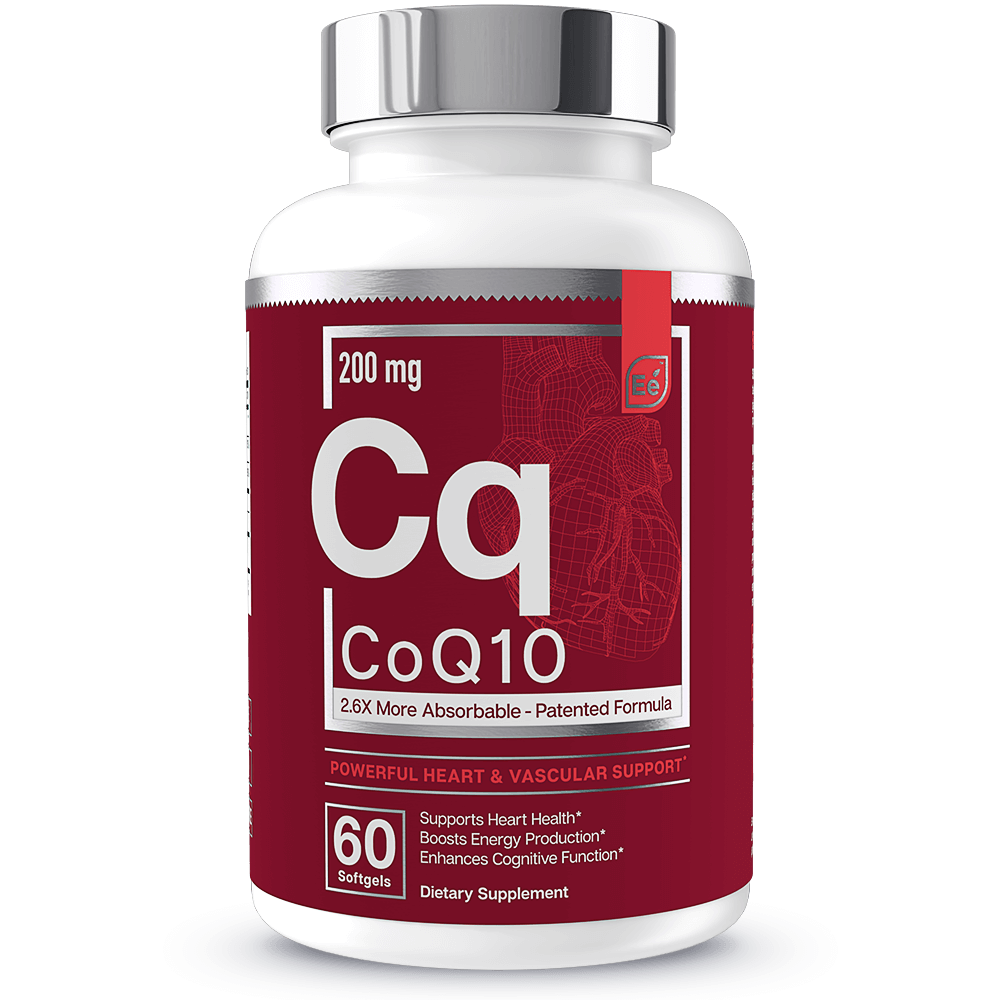Probiotics and Bacterial Balance: What It Is and Why It's Important
6 minute read
Probiotics are bacteria that help your digestive system function optimally, and, through the interconnectedness of each system within your body, improves your overall health. In fact, your gut may have a greater impact on your entire body than we’ve ever realized before.
Probiotics, gut bacteria, and leaky gut syndrome are hot topics in the wellness industry, and new research and discoveries are published all the time. Most of what we are learning concerns the importance of keeping your levels of good and bad bacteria balanced. Here is what you need to know for better digestive and overall health.
What Is Bacterial Balance?
Bacterial balance is a phrase that refers to the right combination of microbial genes for the right balance of microbes to thrive within the body. When your microbiome is in balance, it can fight off offending bacteria and keep you healthy.
The National Institutes of Health have implemented the Human Microbiome Project to research the bacteria in the body. They are looking to catalog bacteria found in healthy people and in people with chronic health conditions.
The concept behind this is that there might be a better, more effective way to treat the illness that doesn’t kill all bacteria in the body, but which would instead use the good bacteria to bring the body back into balance.

Of course, this begs the question, are probiotics the way to treat disease?
What Can Probiotics Treat?
At this point, there has not been enough research to thoroughly understand the benefits of probiotics, but there are numerous conditions that have proven benefits from their use. The most commonly studied illnesses with the most promising outlooks for positive treatment with probiotics are:
♦ Digestive disorders, like diarrhea and IBS
♦ Atopic dermatitis (eczema)
♦ Allergic rhinitis
♦ Oral health problems
♦ Colic in infants
♦ The common cold
What’s key to note at this point is that while some of these illnesses, and others that weren’t mentioned, seem to have a good outlook for treatment or prevention with probiotics, it’s still not time to replace current treatments with probiotics.
That said, you might benefit from using probiotics in conjunction with your traditional treatment. It’s definitely something to discuss with your healthcare provider.

Picking a Probiotic
If you’re interested in trying a probiotic, whether your doctor suggested it or you just want to boost your health and give your gut the good bacteria it may be lacking, there are a few things you should know about first.
Type of bacteria: If you’re looking to treat a specific condition, you need to make sure you have all three of those names correct because using the right strain is important. Different strains can have different effects.
Delayed-release: The acid in your digestive system can destroy probiotic bacteria before they ever reach their intended target: your intestinal tract. Make sure you pick a brand that has a delayed-release, so the bacteria reach your intestine.
Prebiotic fiber: Probiotics feed on prebiotic fiber. This is a fiber that your body can’t digest and simply passes, but good bacteria use it to survive. Including prebiotic fiber in a probiotic supplement helps support a healthy microbiome.
Ingredients: Check the label to make sure the probiotic you’re selecting doesn’t contain any ingredients you’re allergic to or choose not to consume, such as GMOs, gluten, soy, animal by-products, etc.

Again, it’s important to emphasize that people with chronic health conditions need to discuss the use of a probiotic with their healthcare provider before beginning any supplementation plan.
Bacteria and Skin Health
While it may be that probiotics are used to treat a wide variety of conditions in the future, we know that it can be beneficial for people with skin conditions, like eczema, today.
Behind the painful and itchy dermatitis that is a symptom of eczema is inflammation. Some inflammation is known to come from an unhealthy gut as harmful bacteria colonize. When the bad bacteria weaken your intestinal walls, toxins begin to escape into the body, sending out a chain of reactions as your immune system battles these toxins.
| Related: How the Gut-Skin Axis Helps With Skin Allergies and More |
Unfortunately, the body’s immune response can exacerbate some conditions and cause a flare-up. Eczema, dermatitis, some allergic, and some asthmatic responses are prompted by inflammation.
The good news is that some of the inflammation you experience can be controlled by establishing a healthy microbiome with probiotics.

The Bottom Line
The bacterial balance in your body may be essential to alleviate some of your health concerns, especially if they’re related to inflammation. When your body is healthy, you have just the right combination of good bacteria to naturally ward off germs or bad bacteria. This is the optimal balance.
Through recent research, it’s been discovered that adding probiotics can bring the body’s microbiome back into a healthy condition where it’s working optimally. More research is being done continuously to see if this is the answer to treating many different conditions, which include dermatitis, eczema, allergies, asthma, and more.
READ NEXT >>> Leaky Gut Syndrome 101
At 1MD, our mission is to help people make smarter health choices and lead healthier lifestyles by creating industry-leading products and cutting-edge health content. Take advantage of our medically researched supplements for boosting your health by visiting our online store for a complete list of our 100% natural products. We offer family and bulk purchase discounts as well as monthly subscription options for maximum savings.
























 Health Guides
Health Guides
 Latest Research
Latest Research


